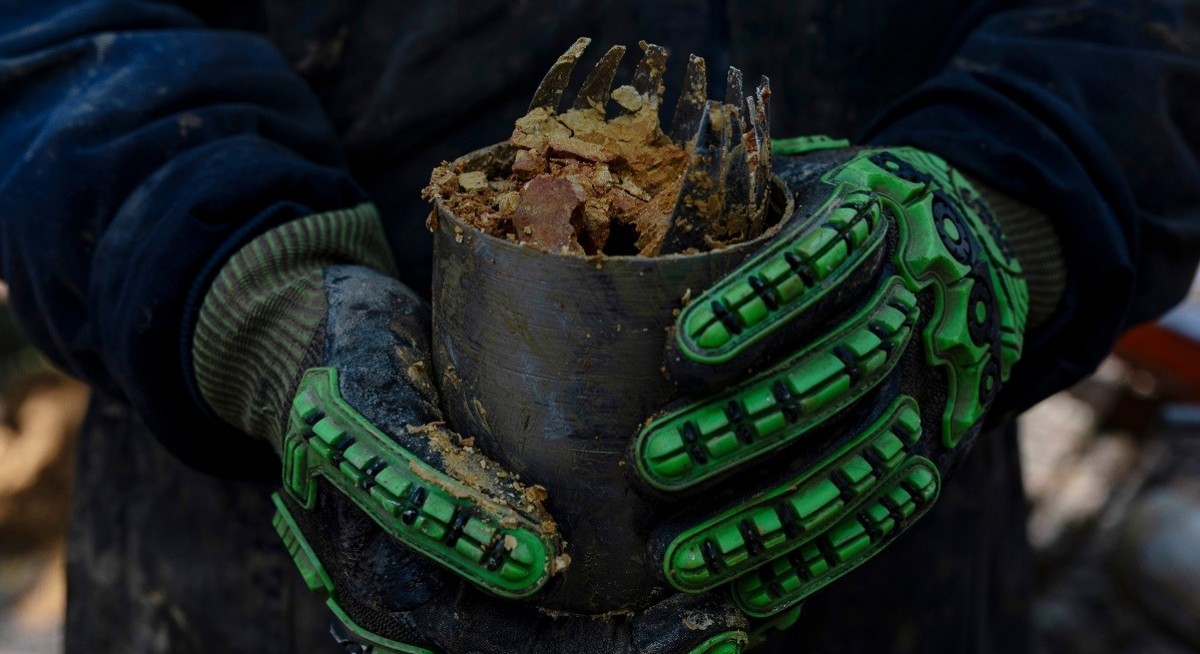As the governments of Donald Trump and Luiz Inácio Lula da Silva seek to mend their noisy differences, the development of strategic metals — particularly rare earths — stands out as an unusual area of shared interest. China’s move to weaponise its dominance of the rare earths supply chain in response to Washington’s tariffs — widening the curbs on its exports of components vital for everything from semiconductors to defence systems — has opened the door to potential producers, including Brazil, Australia and India.
While the US has an ambitious — and unconventional — plan to rebuild its own mining industry, as my colleague Liam Denning recently explained, Washington will need all the help it can get from allies if it wants to challenge China’s near-total dominance. Enter Brazil: already a mining powerhouse, geographically close to the US and home to the world’s largest rare earth reserves after the Asian nation.
Brazil has been talking about a critical minerals strategy for decades, with little to show for it. A strategic alliance with the US, the country’s largest foreign investor, could finally give it momentum — through joint ventures, offtake agreements, financing or strategic deals. Beyond a few existing efforts, the issue is likely to loom large when Foreign Affairs Minister Mauro Vieira meets his counterpart Marco Rubio in Washington, setting the stage for the first Trump-Lula bilateral.
See also: Bolsonaro arrested over fears he planned to flee Brazil
Lula could play the rare earth card as a bargaining chip to lift the steep tariffs Trump announced in July, for a total of 50%, capitalising on the president’s renewed appetite for doing business with Brazil. That would be a deal both sides could sell as a win, particularly given the national security implications for the US. But the leftist leader will have to tread carefully: His nationalist Workers’ Party, ever suspicious of any real or imagined whiff of imperialism, won’t tolerate any exploitative arrangement akin to what many saw in Trump’s earlier deal with Ukraine.
To ease those fears, Lula could push for the development of domestic refining and magnet production capacity, an idea aligned with his government’s industrial policy ambitions and reportedly floated with the Biden administration before Trump’s return to power. Lula could revive it now.
For the US, any additional supply chain that challenges China’s dominance is a win, even if it develops abroad. Plus, it would help counter Brazil’s relationship with Beijing, already its main trading partner and destination for most of its ores and commodities. At the same time, collaboration with the US could give Brazil the incentives and critical mass needed for its rare earths industry to finally take off. For all its huge reserves and many encouraging projects, Brazil’s rare earth production remains close to zero.
See also: Ascott’s Citadines tops 200 properties on conversion, franchise momentum
“We’re behind in a business that’s now at the centre of a global conflict. China is closing its market, and the US is investing heavily at home,” Fernando Landgraf, a critical minerals expert and professor at São Paulo University, tells me. “It would be very interesting if the US were interested in a joint venture to refine rare earths in Brazil, adding more value here.”
Brazil also offers a key advantage for US investors: Despite its legendary bureaucracy and tight regulation, it remains an open destination for foreign capital, including in strategic sectors. Brazilian subsidiaries of American firms can even qualify for financing from the national development bank, BNDES, which is currently looking to back 56 projects focused on strategic minerals. The success of Latin America’s largest economy in developing other metals key to the energy transition (including nickel, copper, graphite and lithium) further bolsters its credentials.
And then there’s niobium: Brazil accounts for about 90% of its global production, essential for stronger, lighter steel alloys used in everything from turbines to smartphones. A single private Brazilian company, CBMM — controlled by the billionaire Moreira Salles family — dominates niobium output after decades of building a new supply chain, confirming the country’s huge potential in these industries. In 2011, a Chinese group and a Japanese-South Korean consortium bought a 15% stake each in CBMM, strategically positioning themselves years ahead of any US competition.
Of course, mineral diplomacy is just one of several topics expected to be on the bilateral agenda, many of them contentious, including the situation in Venezuela, the expansion of BRICS, the turmoil in Haiti, Brasilia’s tough hand against Big Tech and ethanol.
But the opportunity is there. Trump and Lula won’t seize it out of ideological affinity. But they might just do it because it makes perfect business and strategic sense. — Bloomberg Opinion




